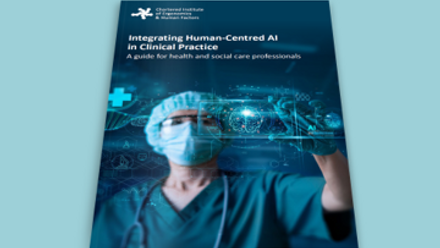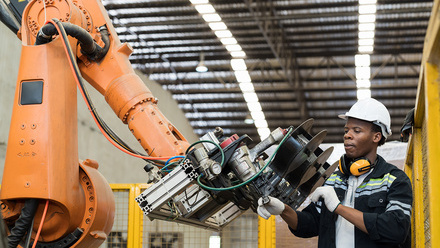Predicting tech troubles
The risks and rewards of using artificial intelligence (AI) are hotly debated topics as the technology spreads. But next generation artificial general intelligence (AGI) is predicted to be even more powerful and have the ability to perform multiple cognitive tasks, just like humans. Understanding the potential risks and benefits this advance could bring is vital in ensuring the technology is safe and effective.
A new study has used human factors methods to look at how it could affect the design and development of road transport management systems in future. Researchers identified 363 potential risks that could have an impact on safety, efficiency, sustainability and the financial cost of the system. They also highlighted considerations involving “removal from human control, mismanaging public relations and self-preservation”.
Writing in the journal Ergonomics, the authors highlighted the challenges of predicting risks associatied with something that doesn’t actually exist yet. They said: “This study has implications for AGI research, design and development through the identification of emergent and negative unanticipated consequences that will require appropriate management to ensure safe and ethical AGI implementation.
“Further, this study has also demonstrated the utility of [human factors and ergonomics] theory and methods for formally considering risks associated with the design, implementation and operation of powerful future technologies. Finally, this study moves beyond much other AGI risk research which is general in nature and focused on the attributes of the AGI system itself, by analysing in detail the emergent risks of AGI deployment in a real-world sociotechnical system.”
Read the full article.






